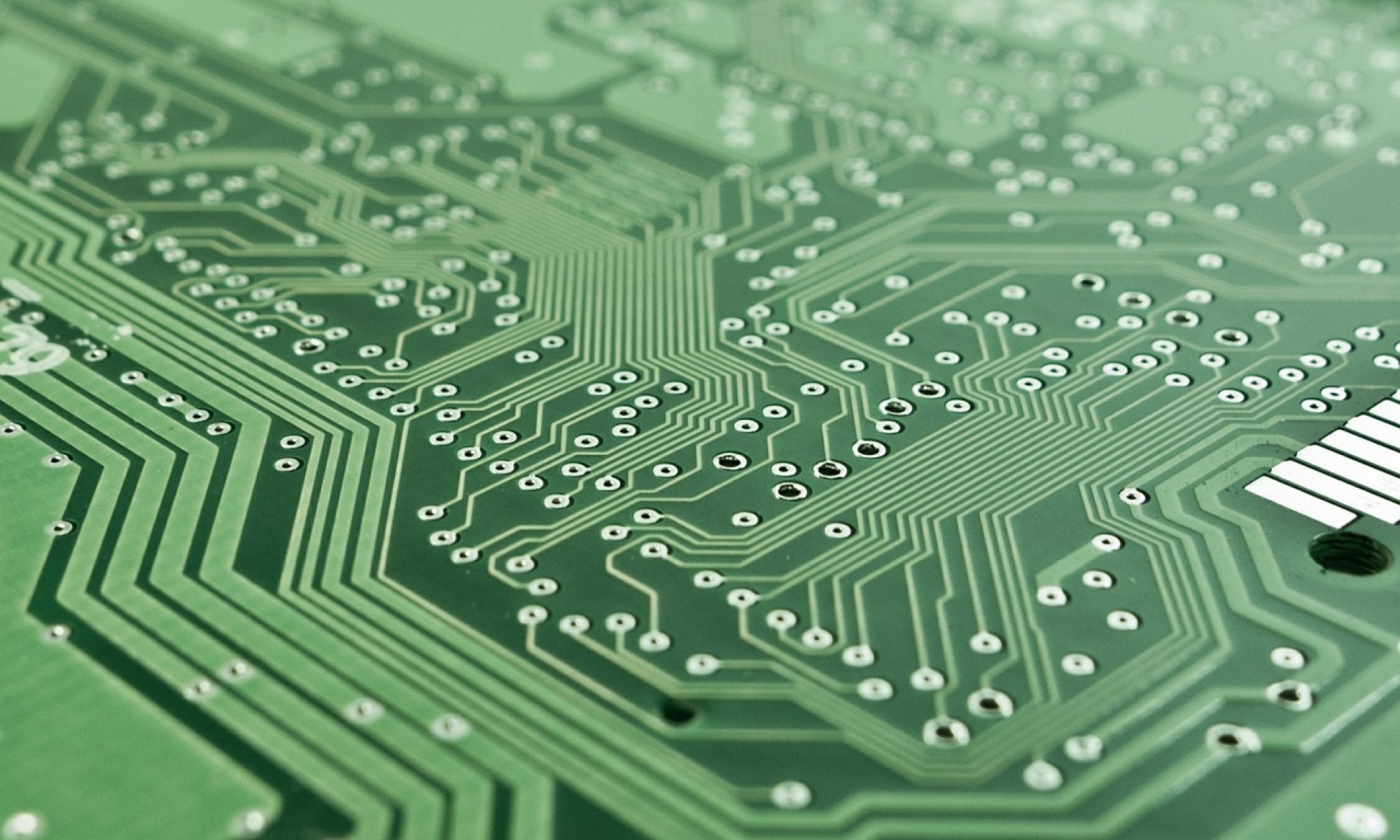 The Illinois Sustainable Technology Center (ISTC), the parent organization for the Sustainable Electronics Initative (SEI), has received Gold Level recognition from the State Electronics Challenge for activities in 2014. The State Electronics Challenge (SEC) is a free, voluntary program for non-federal public sector organizations (e.g. schools, local governments, universities, libraries, etc.) and non-profit organizations, which encourages responsible management of office equipment via more sustainable purchasing, reducing the impacts of devices during use, and managing obsolete electronics in an environmentally safe way. Participants, or “partners” as they’re referred to in the program, can elect to focus efforts on one or more life cycle phases: purchasing, use, and end-of-life management. Guidance on addressing impacts in these life cycle phases is provided via the SEC web site, partners-only webinars, and direct assistance from SEC staff members. Partners are not required to perform any given activity, but if they wish to apply to the optional recognition program, there is a checklist of activities that must be completed to achieve different recognition levels.
The Illinois Sustainable Technology Center (ISTC), the parent organization for the Sustainable Electronics Initative (SEI), has received Gold Level recognition from the State Electronics Challenge for activities in 2014. The State Electronics Challenge (SEC) is a free, voluntary program for non-federal public sector organizations (e.g. schools, local governments, universities, libraries, etc.) and non-profit organizations, which encourages responsible management of office equipment via more sustainable purchasing, reducing the impacts of devices during use, and managing obsolete electronics in an environmentally safe way. Participants, or “partners” as they’re referred to in the program, can elect to focus efforts on one or more life cycle phases: purchasing, use, and end-of-life management. Guidance on addressing impacts in these life cycle phases is provided via the SEC web site, partners-only webinars, and direct assistance from SEC staff members. Partners are not required to perform any given activity, but if they wish to apply to the optional recognition program, there is a checklist of activities that must be completed to achieve different recognition levels.
Partners are eligible for recognition for their accomplishments as follows:
- Gold recognition: completed General Requirements & all activities in 3 lifecycle phases
- Silver recognition: completed General Requirements & completed all activities in 2 lifecycle phases
- Bronze recognition: completed General Requirements & all activities in 1 lifecycle phase
ISTC was in fact the first organization in IL to become a SEC partner, back in 2011, but 2014 was the first year for which it sought recognition for its activities, after having developed a written policy for purchase, use, and disposal of its IT equipment as part of its internal sustainability committee’s efforts. Of SEC’s 150 current partners, only nine are from Illinois, and, of those, just two earned recognition at any level in 2014. See the complete list of 2014 Partner Award recipients on the SEC web site. As you can see from the picture included in this post, the recognition plaque is appropriately made out of recycled circuit boards.
One of the benefits of being an SEC partner is the receipt of an “environmental sustainability report” for the year, with a summary of the environmental benefits of your organization’s efforts, in easy to understand equivalencies. For example, in ISTC’s 2014 report, we can see that the reduction in energy use resulting from our purchasing, use, and reuse and recycling efforts was equivalent to the amount of electricity to power 25 homes/year. To see an example of the report partners receive, see ISTC’s full Environmental Sustainability Report from SEC for calendar year 2014.
If you wish to learn more about the State Electronics Challenge, don’t miss the upcoming free SEC webinar, “Introduction to the State Electronics Challenge” Tuesday, May 19, 2015 from 2:00 PM – 3:00 PM CDT. You can register for the webinar online at https://attendee.gotowebinar.com/register/4400751674919799810.

 Join SEI’s parent organization, the Illinois Sustainable Technology Center (ISTC) for a webinar this Thursday, February 12, from 12:00 – 1:00 pm CST. Our presenter will be Eric Masanet – Morris E. Fine Junior Professor in Materials and Manufacturing and Associate Professor of Mechanical Engineering and Chemical and Biological Engineering, McCormick School of Engineering and Applied Science, Northwestern University. Dr. Masanet will discuss How sustainable is information technology? Trends, challenges, and opportunities.
Join SEI’s parent organization, the Illinois Sustainable Technology Center (ISTC) for a webinar this Thursday, February 12, from 12:00 – 1:00 pm CST. Our presenter will be Eric Masanet – Morris E. Fine Junior Professor in Materials and Manufacturing and Associate Professor of Mechanical Engineering and Chemical and Biological Engineering, McCormick School of Engineering and Applied Science, Northwestern University. Dr. Masanet will discuss How sustainable is information technology? Trends, challenges, and opportunities.